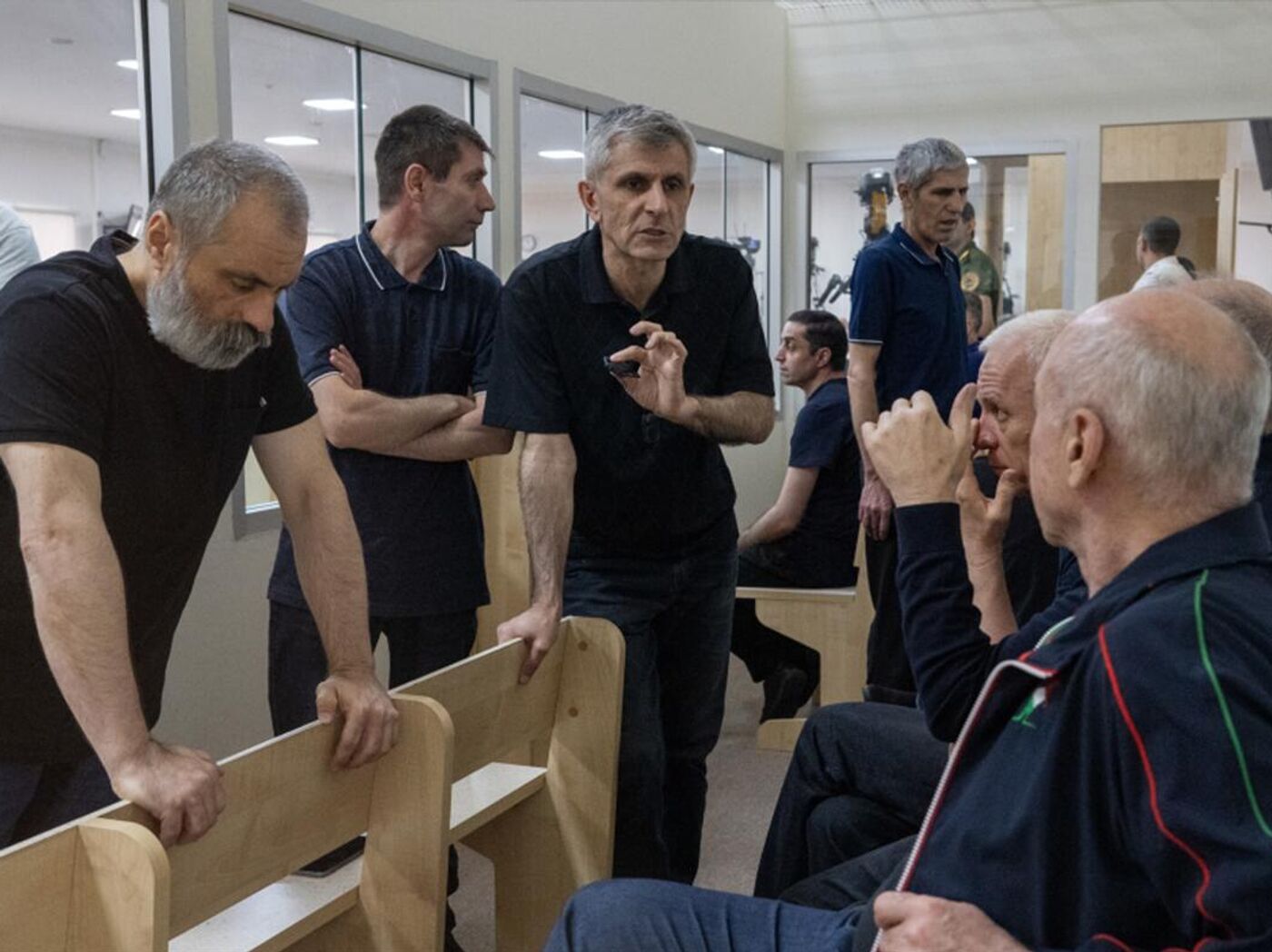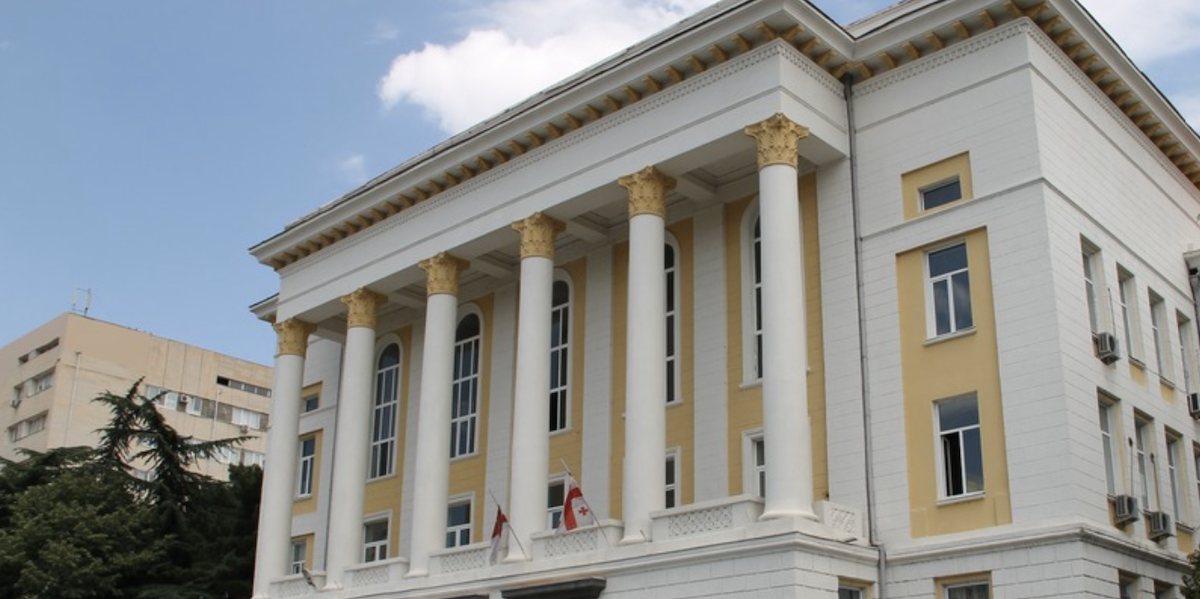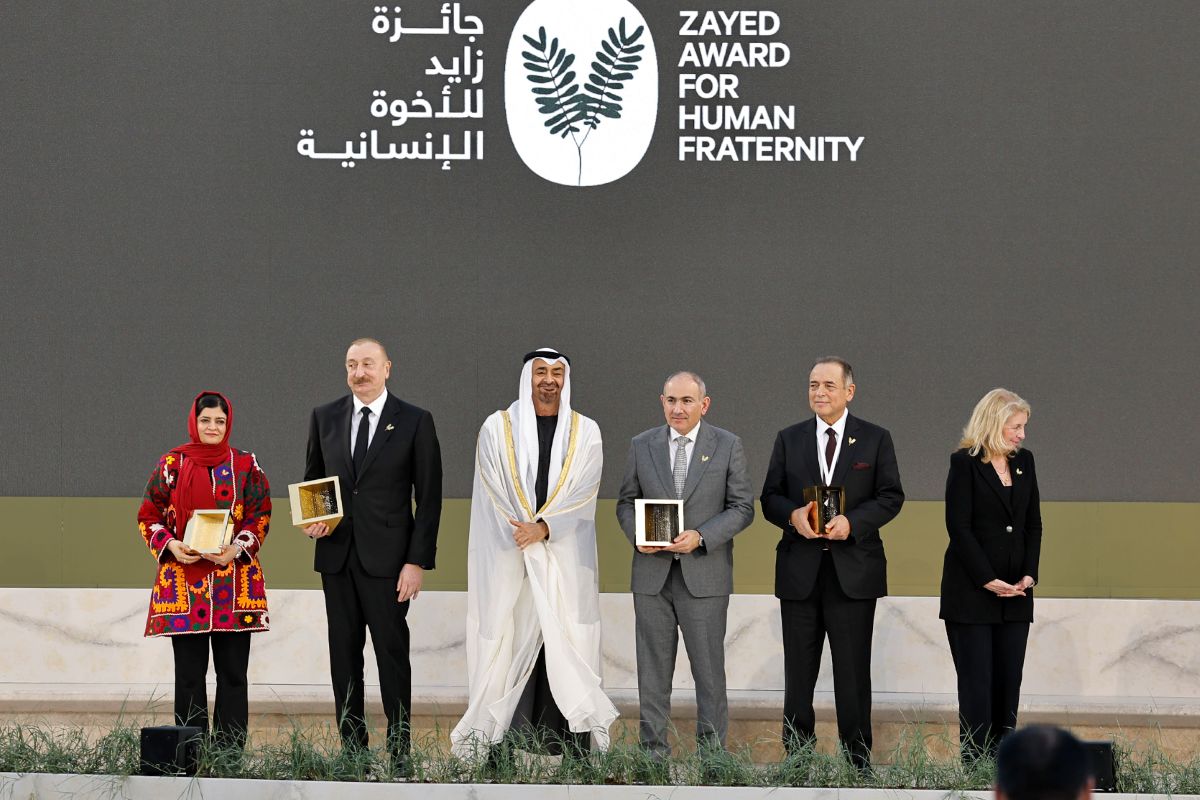Azerbaijan to increase minimum wage by 16% in 2025
Minimum wage increases in Azerbaijan
Starting next year, Azerbaijan’s minimum wage will rise by 65 manat (around $38) to reach 400 manat (approximately $235). While the increase is welcome, some economists argue that the new amount remains insufficient given the country’s current prices.
- “Unfortunately for Ivanishvili, it’s unlikely Trump will fall for his fabrications” — Washington Examiner
- Who’s to blame? Pashinyan invites Armenia’s ex-presidents to debate Karabakh issue
- Opinion from Baku: USA under Trump and South Caucasus
On 23 December, Azerbaijani President Ilham Aliyev signed a decree on “Enhancing Social Welfare.”
According to the decree, starting 1 January 2025, the minimum monthly wage in the country will be set at 400 manat.
The Cabinet of Ministers has been instructed to submit proposals within one month to raise the minimum labour pension from 280 manat (approximately $165) to 320 manat (approximately $188), effective 1 February 2025.
Additionally, the Cabinet has been tasked with aligning the monthly salary scales of public sector employees funded by the state budget with the new minimum wage. This process must be completed within a month, and proposals for increasing social benefits and pensions are to be submitted to the president within three months.
The decree also directs the Cabinet to address other issues arising from these reforms.
‘Salaries of 300,000–400,000 public sector workers will increase’
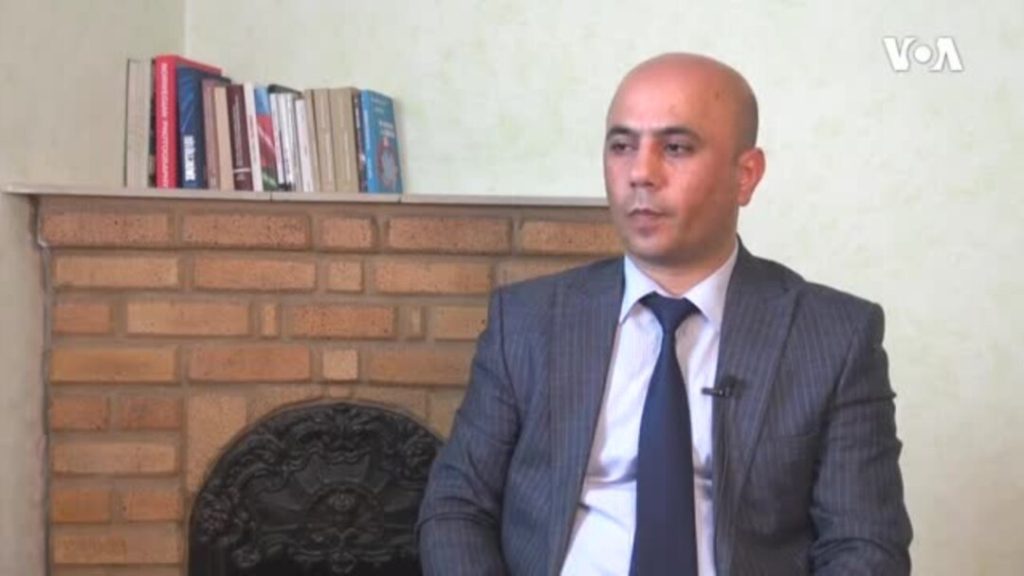
Economic analyst Rashad Hasanov told the Voice of America that raising the minimum wage to 400 manat in the new budget year represents a 16% increase.
“This will increase the salaries of approximately 300,000–400,000 public sector workers because the methodology for calculating salaries in the public sector differs. In this sector, salaries for certain unskilled positions are determined based on the minimum wage. When this figure changes, other indicators also change,” he explained.
According to Hasanov, the approved subsistence criterion for 2025 is set at 285 manat (approximately $167).
“Until now, the minimum pension was 280 manat, which is below the minimum subsistence level. Raising the minimum pension to 320 manat is a necessary step.”
As of 1 November 2024, the number of employed workers in the country’s economy stands at 1,773,300. Of these, 881,700 work in the public sector, while 891,600 are employed in the non-public sector. Reports indicate that the working-age population in the country is three times higher.
Who will benefit from minimum wage increase?”
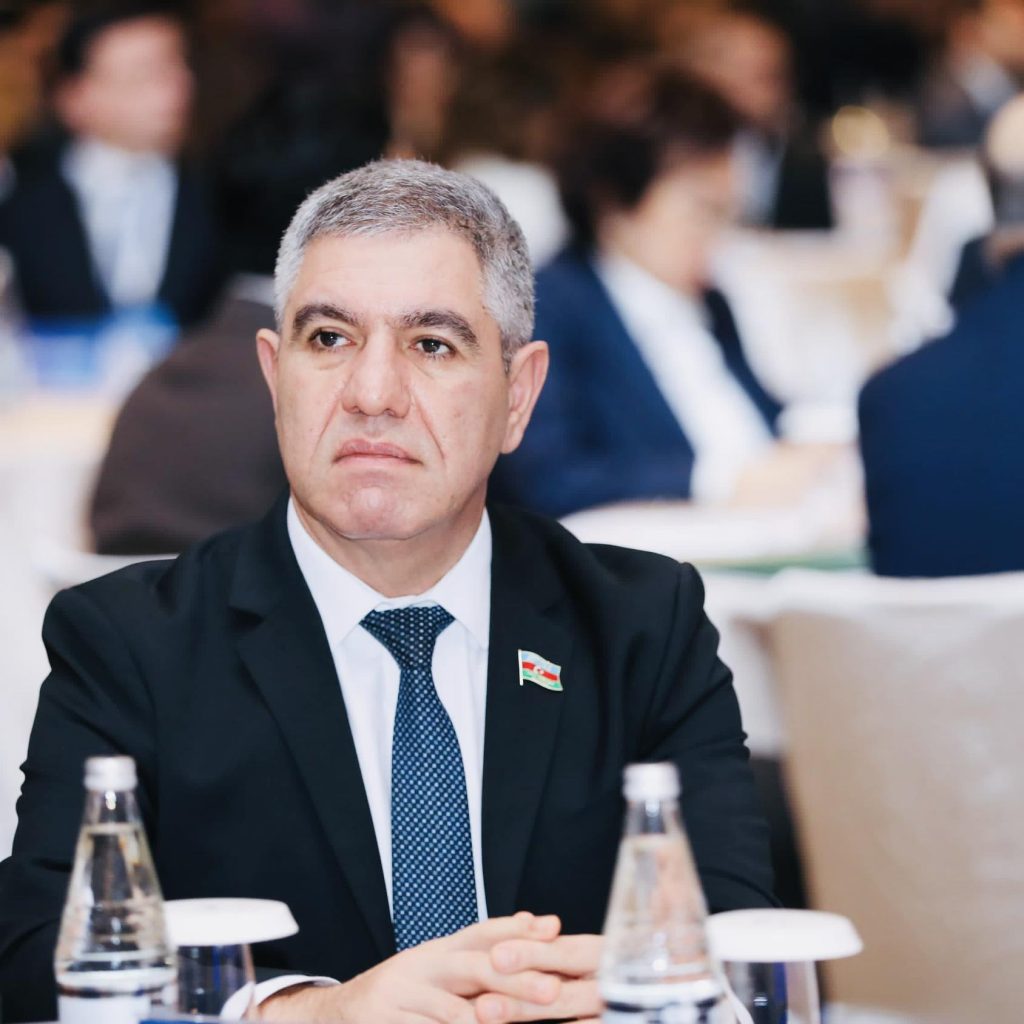
Economist and MP Vugar Bayramov wrote on his Facebook page that the increase in the minimum wage will lead to salary growth not only for low-income workers but also across all levels of the unified pay scale.
“According to the decree, monthly tariff (position) salaries of employees in sectors funded by the state budget will be adjusted and increased.
Salaries will also rise for non-civil servants working in social services, as well as in the fields of science, healthcare, culture, youth and sports, agriculture, ecology and environmental protection, housing and utilities, transport and communications, land reclamation, water management, and aquaculture,” the MP wrote.
‘Salary increases to apply across all levels of unified pay scale’
Vugar Bayramov highlights that salary increases will apply across all levels of the unified pay scale:
“Employees in these sectors who do not hold civil servant status are funded from the state budget based on the unified pay scale. This scale consists of 19 levels. Currently, salaries for the first four levels are below 400 manat, ranging from 345 to 389 manat (approximately $202–228). The highest level salary is 1,125 manat (approximately $660). The increase in the minimum wage will lead to salary raises across almost all levels, regardless of whether the current salary is above or below the minimum level.”
Will teachers and doctors see salary increases?
“Currently, enterprises under the Ministry of Health are regulated by the unified pay scale, so their salaries will increase. However, the Ministry of Science and Education and TƏBİB (the Administration of Medical Territorial Units) have separate salary schemes based on qualitative criteria. Still, as lower salaries in both sectors are expected to rise, salary increases cannot be ruled out for some employees in these sectors, as pay is determined based on the differences between grades. The new salary levels under the unified pay scale will be approved by the Cabinet of Ministers,” the MP noted.
‘This increase is not enough’
The increase in Azerbaijan’s minimum wage has been anticipated since mid-year. During discussions, many independent economists argued that the minimum wage should be raised to at least 500 manat (approximately $294). They cited inflation and current price levels as the basis for their viewpoint.
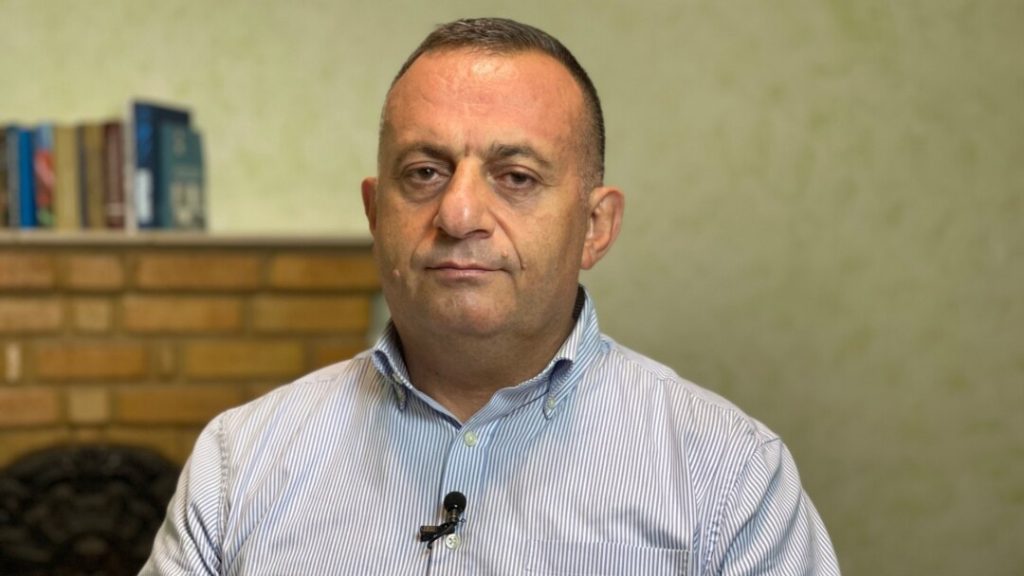
Economist Zohrab Ismayil also told Radio Liberty that the current increase is insufficient:
“For Azerbaijan’s current situation, the rise in the minimum wage can be considered a positive step. However, overall, if we compare pensions and salaries in our country with those in the Baltic states or other countries like Turkey, it’s very low. At this rate, it will take us decades to reach their current levels.”
The economist emphasized that the prices of basic goods in Azerbaijan are close to European levels, while salaries are significantly lower.










